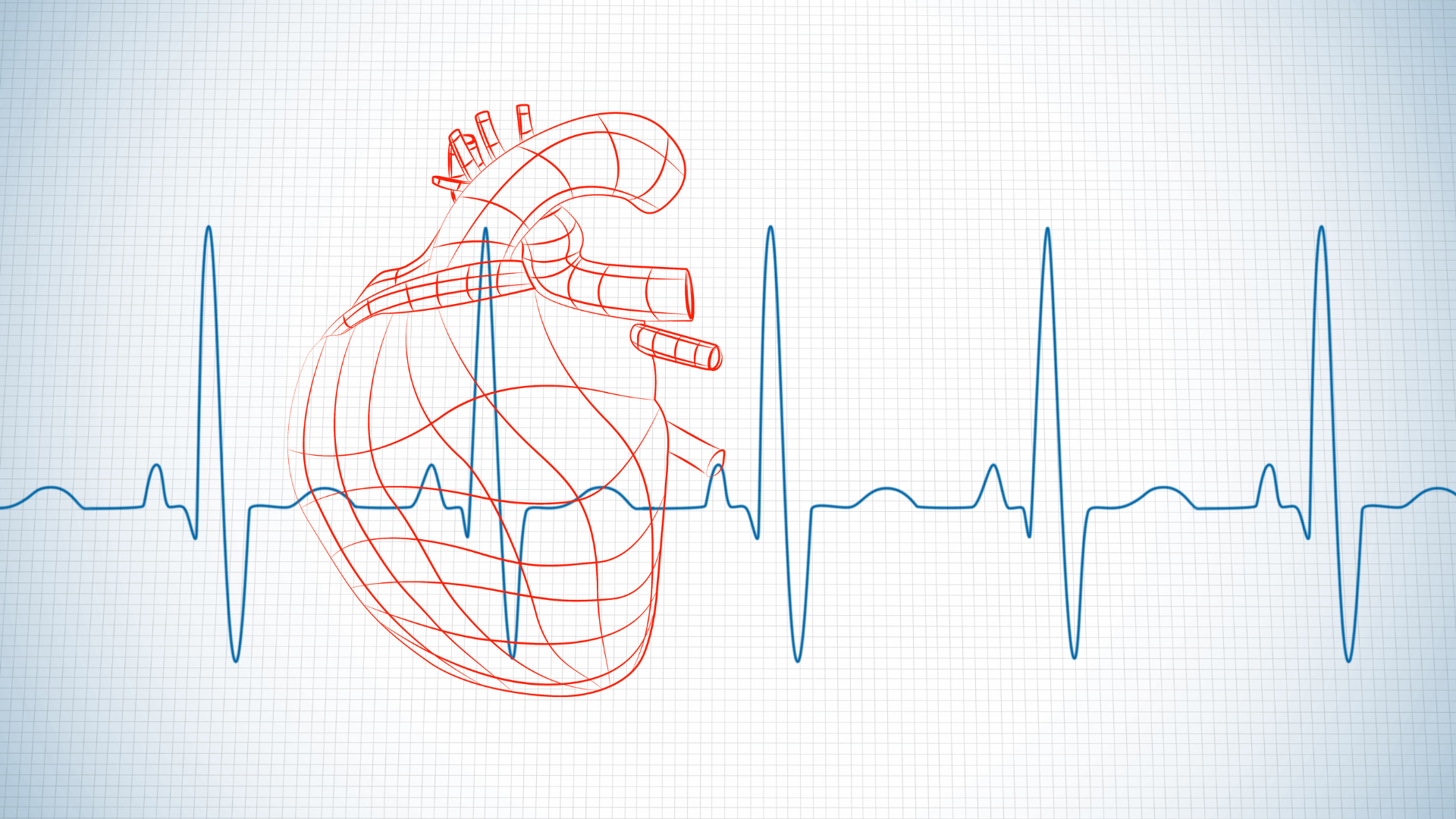

15
Feb
Understanding Heart Rate Variability: A Simple Guide to Your Heart Health

Your heart is one of the most vital organs in your body. It’s responsible for pumping blood throughout your body, supplying oxygen and nutrients to your tissues, and removing waste products like carbon dioxide. But did you know that the beating of your heart can tell you a lot about your overall health? Let’s explore a test known as “Heart Rate Variability (HRV)” and how it can be used to assess your heart and overall health.
What is Heart Rate Variability?
Heart Rate Variability measures the variation in time between each heartbeat. Contrary to popular belief, a healthy heart does not tick evenly like a metronome, but instead, there should be slight variations between each beat.
HRV is a window into the functioning of your autonomic nervous system, which controls automatic functions in your body like breathing, digestion, and heart rate.
The concept of an “ideal” Heart Rate Variability (HRV) is somewhat nuanced, as HRV can significantly vary from person to person, influenced by age, genetics, lifestyle, fitness level, and even the time of day.
High HRV is typically a sign of a healthy heart, showing that your body can efficiently manage stress and recover from exercise. On the other hand, low HRV can be a sign of stress, overtraining, or underlying health issues.
It’s essential to compare HRV to your own baseline and consider personal trends over time rather than a universal standard. Monitoring changes in your HRV can help you understand how your body responds to stress, rest, and different stimuli. However, it’s crucial to consult with healthcare professionals to interpret these readings in the context of your overall health.
How is HRV Measured?
HRV can be measured using a simple, non-invasive test that involves recording your heartbeat over a period of time, usually a few minutes. This can be done with a heart rate monitor or an ECG machine. The data is then analyzed to calculate the variability between each heartbeat.
The process of measuring Heart Rate Variability is both sophisticated and straightforward. As previously mentioned, it involves a heart rate monitor or an electrocardiogram (ECG) machine. These devices record the electrical signals generated by the beating heart, particularly the intervals between successive R waves that represent the time between successive heartbeats. Modern wearable technology has simplified the collection of this data, allowing individuals to monitor their HRV using smartwatches and fitness trackers that can continuously record heart rate data throughout the day.
Understanding HRV Readings from a Fitness Tracker During Sleep
Many devices come equipped with the technology to not only track your heart rate but also offer an analysis of Heart Rate Variability, especially during sleep.
While you rest, your device keeps tabs on the beat-to-beat changes in your heart rate, which can be more pronounced during certain sleep stages. The device uses reflective photoplethysmography to detect blood volume changes in the wrist and derives HRV metrics from these fluctuations. As you sleep, the autonomic nervous system’s activity varies, and these changes are captured and reflected in the HRV measurements.
By monitoring the HRV throughout the night, the device can provide insights into your sleep quality, recovery level, and overall well-being. Data collected is processed through the device algorithms to give users a clear and simple trend graph, typically accessible through the companion mobile app.
This helps in recognizing patterns and potential health indications over time, although the HRV readings should be viewed as part of a broader assessment of health rather than in isolation. It’s important for users to ensure their devices are worn correctly—snugly on the wrist, but not too tight—and to consistently wear them to bed for accurate sleep tracking and HRV analysis.
After gathering enough data points to establish a personal baseline, variations from this benchmark may indicate changes in autonomic nervous system balance. However, for this data to be meaningful and actionable, it should ideally be gathered under consistent conditions, such as in a resting state or during sleep, to reduce the influence of confounding factors like physical activity or acute stress.
Lifestyle Actions to Improve HRV
Improving your Heart Rate Variability (HRV) is largely about enhancing your overall health and the resilience of your autonomic nervous system. Incorporating certain lifestyle actions can contribute to a higher HRV and a healthier heart. Here are some measures you can take:
- Regular Physical Exercise: Engage in consistent, moderate exercise to improve cardiovascular fitness without overtraining.
- Balanced Diet: Maintain a balanced diet such as animal protein, healthy fats, etc
- Stress Management: Practice relaxation techniques such as deep breathing, meditation, or yoga to reduce stress levels.
- Adequate Sleep: Ensure you get 7-9 hours of quality sleep per night to allow the body to rest and regenerate.
- Hydration: Drink plenty of water throughout the day to maintain proper bodily function and overall well-being.
- Avoidance of Stimulants: Limit the intake of caffeine and alcohol, which can affect heart rate and potentially reduce HRV.
- Smoking Cessation: Refrain from smoking, as it can have negative effects on cardiovascular health and HRV.
- Mindfulness Practices: Incorporate mindfulness or other mind-body practices to help balance the nervous system.
- Regular Check-ups: Maintain regular health check-ups to monitor HRV and other vital health parameters.
In conclusion, HRV is a powerful tool for understanding your heart health. It’s easy to measure and can provide valuable insights into your body’s response to stress and recovery. Remember, maintaining a high HRV is key to a healthy heart and a resilient body.
Please note: While HRV can provide valuable insights into your heart health, it should not be used as a substitute for professional medical advice. Always consult with a healthcare provider for any concerns about your heart health.
At Nutritional Wellness Center, we support your health to improve your Heart Rate Variability; for more information, call 607-277-1964 or email [email protected]
